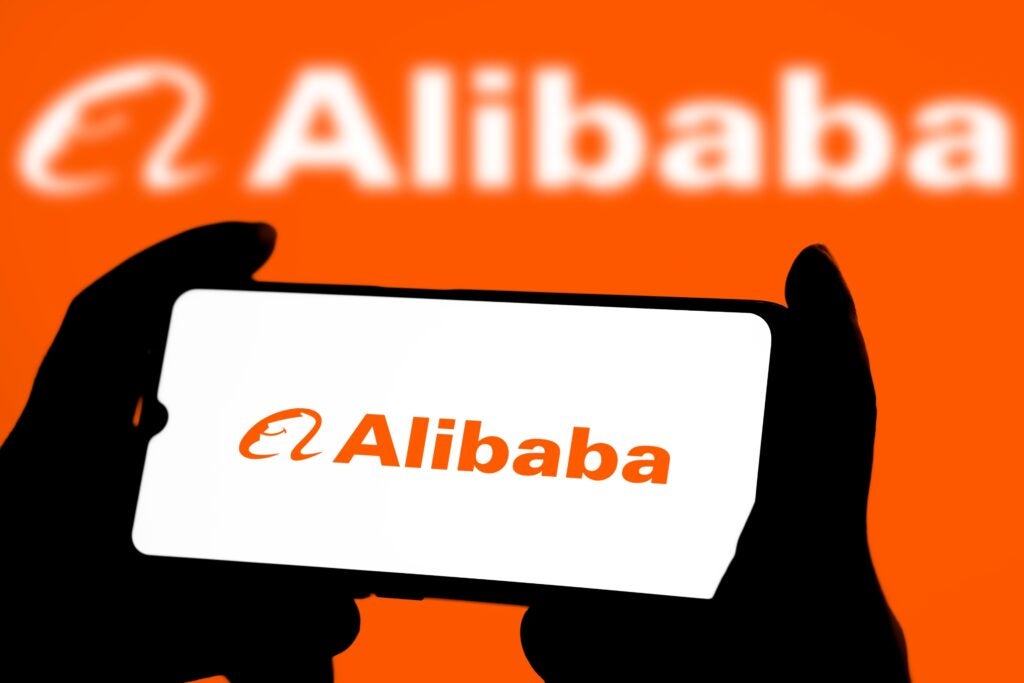A fresh controversy is brewing in China’s intensely competitive artificial intelligence market as Huawei Technologies’ AI research arm has firmly rejected allegations of plagiarizing elements from an Alibaba Group Holding BABA model. This denial comes as Alibaba’s stock traded lower on Monday.
The accusations, stemming from a paper released on GitHub on July 4 by HonestAGI, claim “extraordinary correlation” between Huawei’s recently open-sourced Pangu Pro Moe model and Alibaba’s established Qwen 2.5 14B. This development further heats up the Chinese AI landscape, which has seen a price war initiated by startups like DeepSeek earlier in 2024.
Huawei’s Noah’s Ark Lab Issues Strong Denial
Huawei’s Noah’s Ark Lab issued a statement Saturday to Reuters, asserting that its Pangu Pro Moe (Mixture of Experts) model was developed and trained independently.
Also Read: Alibaba’s AI And Cloud Moves Have Sparked 28% Stock Rebound
The denial came after HonestAGI published a paper on GitHub on Friday, claiming that Huawei’s model showed “extraordinary correlation” with Alibaba’s Qwen 2.5 14B model.
The paper argued the model appeared “upcycled” rather than trained from scratch, raising concerns about possible copyright violations, fabricated technical claims, and misrepresented training investments.
Noah’s Ark Lab rejected the claims, stating the model was not incrementally trained on others’ work and featured original architectural and technical innovations. The lab added that Pangu Pro Moe is the first large model fully built on Huawei’s Ascend chips.
Huawei’s Ascend chips are a series of AI processors designed by Huawei for AI training and inference, aiming to compete with leading chipmakers like Nvidia Corp NVDA.
China’s Fierce AI Market And Price Wars
The allegations underscore the intense competition within China’s booming AI market. Chinese AI startup DeepSeek ignited a domestic price war in 2024 by introducing affordable AI models, prompting tech giants like Alibaba to follow suit and further intensifying the competitive landscape.
Alibaba’s AI And Cloud Expansion
Alibaba stock surged 28% year-to-date, driven by increased investor confidence in China’s tech sector, strong earnings reports, and a push into artificial intelligence.
Alibaba Cloud is rapidly expanding overseas, adding new data centers in Malaysia, South Korea, and the Philippines as part of a global push. These expansions were announced in the first half of 2025, with a third data center in Malaysia launched on July 1, 2025, and a second in the Philippines planned for October 2025.
CEO Eddie Wu has made globalization a core strategy, with plans to grow Alibaba’s cloud presence across Asia, Europe, the Middle East, and the Americas. The company will launch a global AI competency center in Singapore and expand its Qwen AI models to international data hubs by 2025.
Backing its ambitions, Alibaba has committed $52 billion over three years to cloud and AI infrastructure, partnering with Microsoft Corp. MSFT and Nvidia.
Price Action: BABA shares are trading lower by 1.37% to $107.40 premarket at last check on Monday.
Read Next:
Photo by Mamun_Sheikh via Shutterstock


1 Comment
alihidaer2313 – Strong typography, simple structure, gives an aura of clarity.